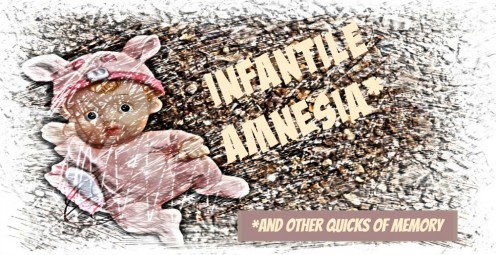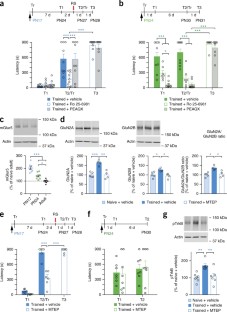
Types of early memoriesĮarly memories may include play, injury and transitions. Until the age of 4-5 years, children do not have a sense of self and, therefore, may be unable to anchor memories of themselves. There is also a constant development and rewiring of the neuronal networks, which leads to the loss of information or memories later.Īnother reason for childhood amnesia lies in the psychological development of the child. The areas in the brain responsible for memory consolidation and retrieval - the hippocampus and prefrontal cortex - are not fully developed in children. The most common explanation for childhood amnesia is the nature of neurological development. It is common and experienced by many people. However, he may often not be able to recall what happened before that. In the late 19th century, Sigmund Freud, the founding father of psychoanalysis, described the phenomenon of 'infantile amnesia', in which people cannot recall events that took place during early childhood.Īn individual generally has memories of events in his life from the age of about four years. Why is it that certain events from your childhood are etched in your mind, while you may have the vaguest memory of some others? Here, we examine this phenomenon. While other members of the family may remember those days, you may face difficulty recollecting them. Your parents or relatives may fondly remember a peculiar mannerism that you had or talk about a specific incident when you were naughty as a toddler.


During a family discussion, the conversation may sometimes veer towards your childhood days.


 0 kommentar(er)
0 kommentar(er)
